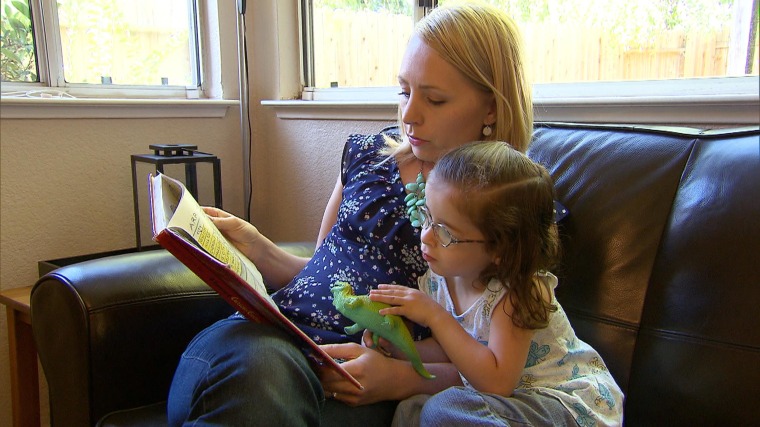There isn’t enough evidence yet to say for sure whether toddlers and preschoolers need screening for autism even when they don’t have symptoms of the developmental disorder, new U.S. guidelines conclude.
Even though many pediatricians already do routine autism screenings of children between 18 and 30 months old, the U.S. Preventive Services Task Force (USPSTF), a government-backed panel of independent physicians, concluded it’s impossible to know if this helps or hurts.
“Our recommendation is not a recommendation against screening, but a call for more research,” said Dr. David Grossman, vice chair of the USPSTF.
“So far, research has appropriately focused on treatments for children who have symptoms, especially those who are severely affected,” Grossman added by email.
“More research on the impact of screening and treatment in very young children whose parents or doctor have not noticed symptoms is an important next step to helping all children.”
Around 2 percent of children in the U.S. may have autism spectrum disorders (ASD), which can affect behavior as well as social and communication skills.
Early symptoms can vary, but may include repetitive behaviors like hand flapping or body rocking, extreme resistance to changes in routine, and sometimes aggression or self-injury. Behavioral, educational, speech and language therapy may help reduce the severity of autism symptoms in some children.
While there’s little evidence screening or treatment harms children, follow-up tests and interventions may place unnecessary burden on some families in terms of costs and time, according to the USPSTF recommendations published today in the Journal of the American Medical Association.
But the recommendations, which are often used by government and private insurance providers to make coverage decisions, could eliminate funding for pediatricians to screen toddlers and preschoolers, Dr. Jeremy Veenstra-VanderWeele of Columbia University argued in an editorial in JAMA Psychiatry.
The American Academy of Pediatrics recommends screening all children for autism at 18 and 24 months, he wrote. “This is what pediatricians are supposed to be doing, and should continue to do,” he added by email.
Screening kids even when parents and doctors don’t see symptoms may benefit children who might otherwise fall through the cracks, Geraldine Dawson of Duke University argued in an editorial in JAMA Pediatrics.
That’s because typical symptoms are much more likely to be noticed in white children than in black or Hispanic kids.
“Universal autism screening helps reduce the disparities in access to services for children from different racial and economic backgrounds,” Dawson said by email.
